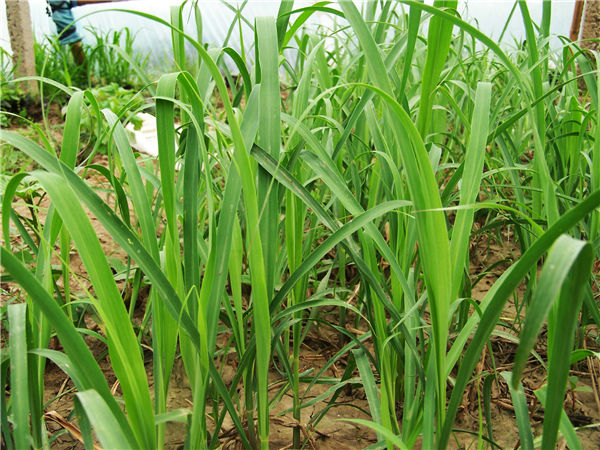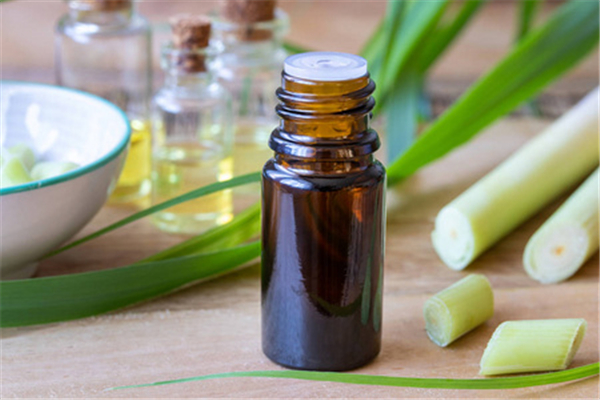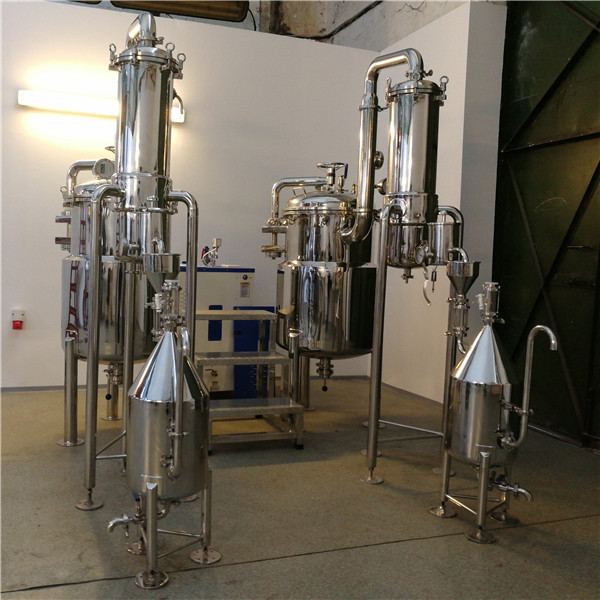Essential oils are widely used in a variety of consumer products such as detergents, soaps, toiletry products, cosmetics, pharmaceuticals, perfumes, confectionery, soft drinks, distilled alcoholic beverages (hard drinks) and pesticides. The world production and consumption of essential oils and perfumes is growing very fast. The production process is an important factor in improving the overall yield and quality of essential oils. Traditional techniques related to the processing of essential oils are of great significance and are still used in many parts of the world. Hydrodistillation, water and steam distillation, steam distillation, reflux distillation, maceration and liposuction are the most traditional and commonly used methods. When the oil yield of the distillation method is low, the impregnation method is suitable. Distillation is suitable for almond flour, rose petals and rose flowers, while solvent extraction is suitable for expensive, fragile and heat-unstable substances such as jasmine, tuberose and hyacinth. Hydrodistillation is the most popular method of extracting citronella oil from plant raw materials.

Essential oils generally come from one or more parts of plants, such as flowers (for example: rose, jasmine, carnation, clove, mimosa, rosemary, lavender), leaves (such as mint, citronella, lemongrass, jamrosa - an Indian species Hybrid grasses), leaves and stems (such as geranium, patchouli (geranium), petitgrain, verbena, cinnamon), bark (such as cinnamon, cinnamon, white cinnamon), wood (such as cedar, sandalwood, pine ), roots (such as angelica, sassafras, vetiver, snow lotus, valerian), seeds (such as fennel, coriander, caraway, dill, nutmeg), fruits (bergamot, orange, lemon, juniper) , rhizomes (such as ginger, calamus, turmeric, iris), gum or oleoresin exudates: (such as balsam of Peru, balsam, stork, myrrh, benzoin).
Lemongrass, also known as citronella, and maple grass, belongs to the genus Lemongrass of the Poaceae family and is a wild grass in some tropical and subtropical areas. East Indian lemongrass grows in eastern India, Cambodia, Singapore and Sri Lanka; West Indian lemongrass grows in Madagascar, Comoros, Guatemala, Honduras, Brazil, Haiti and Puerto Rico. Lemongrass oil can be obtained by steam distillation from fresh East Indian lemongrass or partially dried whole West Indian lemongrass plants, with an oil yield of 0.2% to 0.8%. It is also known as the "people's frankincense" because of its anti-cancer, antibacterial, analgesic, anti-inflammatory and other effects.
Main ingredients: citral (75% ~ 85%), myrcene (about 20%), myrcene (up to 19%), limonene, methylheptenone, methylheptenol, citronellal, citronella Acid esters, geraniol, nerolidol, capric acid, α- and β-pinene, camphene, limonene, camphorene, etc.

English name: Lemongrass
Latin scientific name: cymbopogon flexuosus
Extraction parts: leaves and stems
Extraction method: steam distillation
Color: light yellow
Smell: Strong lemon aroma
Usage: Incense, apply, eat
Main ingredients: 80% aldehydes
Oil yield: 0.2%~0.8%
Suitable for blending: basil, clary sage, eucalyptus, geranium, tea tree, rosemary
Origin: India, Cambodia, Singapore, Sri Lanka, Madagascar, Comoros, Guatemala, Honduras, Brazil, Haiti and Puerto Rico
Properties: analgesic, antibacterial, anticancer, anti-inflammatory, antiseptic, anti-insect, nourishing, vasodilator
Essential oil distillation equipment
100L-300L Essential Oil Distiller
500L-1000L Essential Oil Distiller
3000L-6000L Essential Oil Distiller
Large Scale Essential Oil Distiller

Black Pepper Oil Extraction
Molecular Distillation Equipment Application
Oleoresins Introduction
Contact: Project Manager
Phone: +86-18120438367
Tel: +86-18120438367
Email: info@tycoretech.com
Add: No. 1, Optics Valley Avenue, East Lake New Technology Development Zone, Wuhan, Hubei, China
We chat
